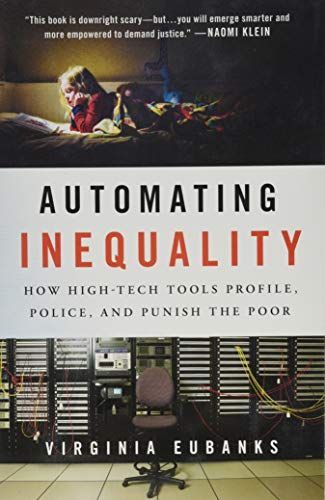
Reviews
Felipe Saldarriaga @felipesaldata
Garrett Jansen@frailtyy
Alex Buchner@alexbuchner
Boothby@claraby
Tiffany@scientiffic
Jayme Bosio@jaymeb
Allison King@aking
Marlee Stark@smstark
Ryan B Harvey@codeanddata
Nicholas Hanemann@nick_h
Drue Thomas@druesclues
Celine Nguyen ✿@celinenguyen
Jess Mingrino@jessmingrino
Karolina@fox
Emma Bakh@emmab
Tyler Jefford@tjefford